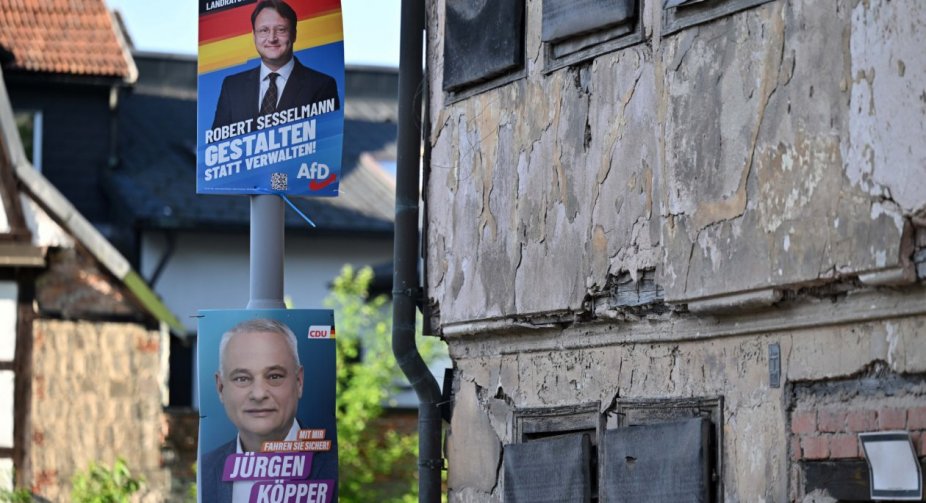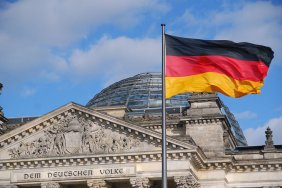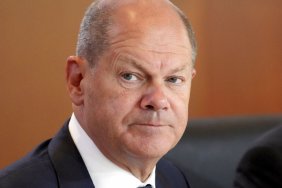The history of National Socialism in Germany no longer has any influence on voters and does not prevent the spread of far-right populism, The Wall Street Journal writes.
The Alternative for Germany (AfD) party is becoming increasingly radical, creating anxiety among security services, which view some of its factions as a potential threat to the country's democratic system. The party already holds just over 10% of the seats in the German federal parliament.
If the AfD manages to win even more seats in the next national elections in 2025, it will be more difficult for other parties to form a governing coalition in an increasingly blurred political landscape.
The party's supporters say that its success is due to the fact that the AfD offers solutions to pressing issues, such as immigration, inflation, and wars, which they believe other centrist parties are unable to solve after decades in power. At the same time, the party criticizes the legitimacy of German courts and media, and some of its leaders have ties to extremist groups such as the neo-Nazi NPD and the Identitarian movement, which advocates the expulsion of foreigners from the country.
In this regard, there is a discussion of the possibility of recognizing the AfD party as hostile to the democratic institutions enshrined in the German constitution.
This situation could open the door to an attempt to ban the party, which is a rare. AfD representatives claim that their opponents are undemocratic and are trying to suppress them.
"The AfD is now so widely supported in society that the way it is portrayed in the media does not reflect the real picture," said former police commissioner and AfD leader Sebastian Wippel in Görlitz, who ran for mayor in 2019. He added that nationalists were expelled from the country, and this view does not reflect the party's position.
Forsa director Torsten Tierhoff emphasized that many people who express support for the AfD in polls do not necessarily support all of the party's political programs, from immigration issues to withdrawal from international organizations. They express their protest through the form of the party's expression, not its specific provisions.






